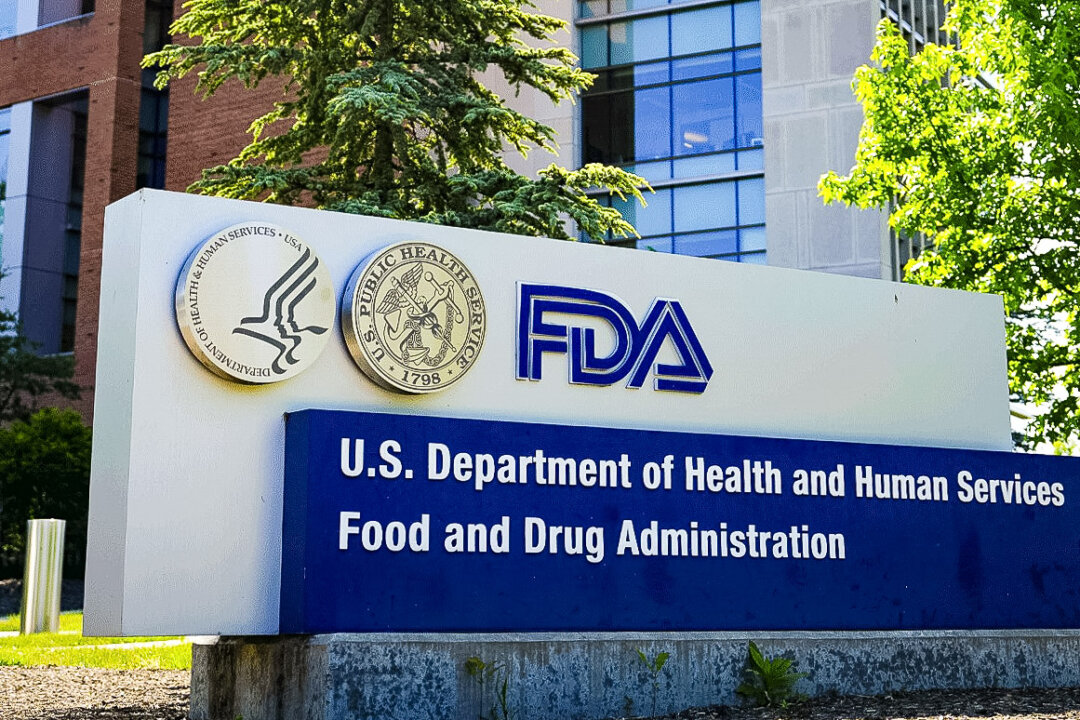On Friday, the U.S. Food and Drug Administration (FDA) approved neffy, a nasal spray for the emergency treatment of allergic reactions, including life-threatening anaphylactic shock.
The spray is approved for use in adults and children who weigh at least 66 pounds (30 kilograms). It was greenlighted through one of the FDA’s drug expedition processes. Anaphylaxis occurs when the body goes into shock from a massive allergic reaction.

Blood pressure rapidly drops, heart rate increases, airways constrict, and swelling can occur in the upper airways—all of which can potentially lead to death. Epinephrine, which reverses most anaphylactic symptoms by increasing blood pressure, opening the airways, and reducing swelling, is the first-line treatment for this condition. However, all epinephrine products currently approved to treat anaphylaxis are administered by injection, like EpiPens, which can be painful.
“The availability of epinephrine nasal spray may reduce barriers to rapid treatment of anaphylaxis. As a result, neffy provides an important treatment option and addresses an unmet need.” Neffy is a single-dose nasal spray administered into one nostril.
If symptoms worsen or do not improve, a second dose through the same nostril may be given. Patients may need to seek emergency medical assistance for close monitoring if further treatment is required. Nasal polyps or a history of nasal surgery may slow the absorption of neffy.
The studies showed that, following neffy administration, people had a significantly higher concentration of epinephrine in the blood and that the rise was comparable to other epinephrine injection drugs. Neffy also demonstrated similar physiological effects, with a comparable rise in blood pressure and heart rate as other epinephrine injection products. Both blood pressure and heart rate are critical in the treatment of anaphylaxis.
Neffy may alter the inside lining of the nose for up to two weeks after administration and increase absorption of nasal products, including neffy. The company said the product should be administered with caution for those with heart disease, as epinephrine may aggravate chest pain and cause abnormal heartbeats in the ventricles of the heart. Irregular heartbeats, including fatal variants, have been reported, particularly in patients with underlying cardiac disease or those taking cardiac glycosides, diuretics, which encourage urine production, and drugs that help control arrhythmias.
Patients with certain medical conditions or who take specific medications for allergies, depression, thyroid disorders, diabetes, and hypertension may be at greater risk for adverse reactions, ARS Pharmaceuticals said. Common side effects of neffy include throat irritation, tingling nose, headache, nasal discomfort, feeling jittery, tingling sensations, fatigue, tremor, runny nose, itchiness inside the nose, abdominal pain, gum pain, numbness in the mouth, nasal congestion, dizziness, nausea, and vomiting. Excess epinephrine drugs can cause rapid heart rate, hypertension, anxiety, palpitations, sweating, weakness, vomiting, and tremors.
.



















